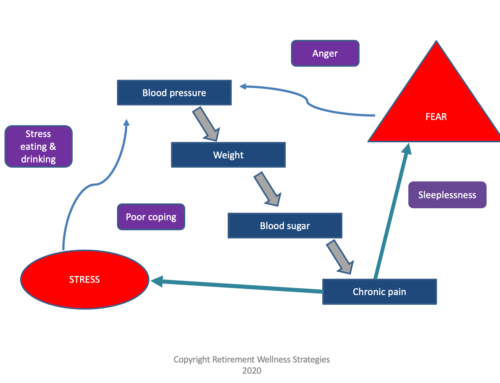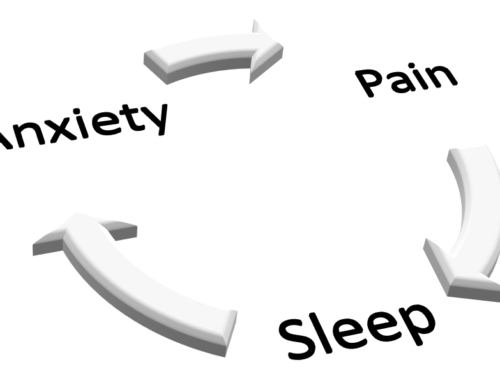You have a liver. Do you have any idea what it does? I would venture a guess that most people don’t.
The liver sits in the upper right quadrant of your abdomen. When your doctor presses on your abdomen and puts fingers up under your ribs, that is what is being checked. Usually they won’t feel it or maybe just feel the very edge.
The liver has several functions:
- Clotting factors in your blood are produced
- Proteins in your blood are produced
- Triglycerides and cholesterol are made
- Stores vitamins
- Removes toxins, such as ammonia, from the blood
- Processes nutrients from our food
- Regulates sugar in the blood
- Metabolizes (breaks down) alcohol and medications
Of course it is the medication part that I am anxious to talk about.
What does the liver do to medication?
There are several types of enzymes in the liver.
These enzymes change the form of medications. They usually break medications down to a less active form. This also allows the medication to be processed and then to leave the body. If this slows down, then the medication stays in active form longer giving the medication a bigger effect and making it last longer.
Different medicines are broken down by different enzymes. Most of these enzymes are cytochrome P450 (CYP450)enzymes. There are several different CYP450 enzymes, each impacting different medications.
Some people have genetic differences that change those enzymes. For instance, a particular enzyme can be less active in some people based on their genes. This will make that medication more active, sometimes even toxic, for that person. It is becoming more common for people to be tested for any genetic changes that can help guide best medication use.
When there is more than one medication that is metabolized by the same enzyme that can change how those medications are broken down. This is where it really gets complicated. Some medications will induce the enzyme, or make it more effective. Others will inhibit the enzyme making it less effective. While others compete for the activity of the enzyme. These actions and interactions impact how well the medicine works and the amount of side effects it will have.
Even tobacco, some food, and herbs can impact the enzymes.
So, when your pharmacist is filling your prescription, there is SO MUCH more they are looking at than just getting the right number of tablets in to the bottle. The potential interactions need to be carefully screened each time any of your medicines are changed.
AND, this screening can only be complete if your pharmacist also knows what herbs, vitamins, over-the-counter, and other substances you take.
Pay attention to the extra instructions on your medicine label. These liver enzymes are often the reason for special instructions such as ‘avoid grapefruit’ or take at particular times of the day (to separate from other medications).
If you would like to know more about the liver and how liver enzymes impact medications, contact us at www.medsmash.com.
For further application, check out my personal blog.
Image source: National Library of Medicine; National Institutes of Health; U.S. Department of Health and Human Services






